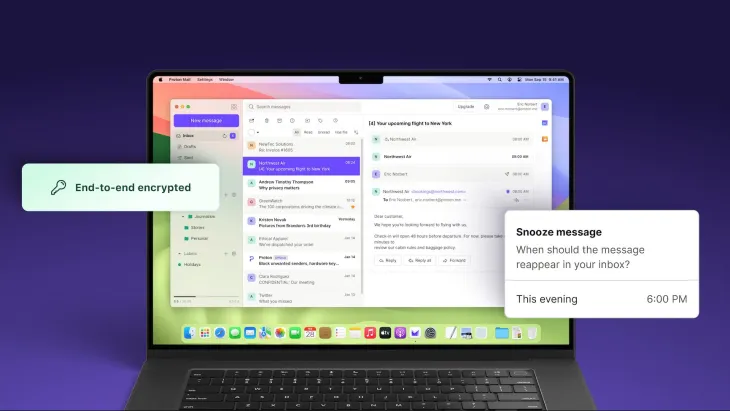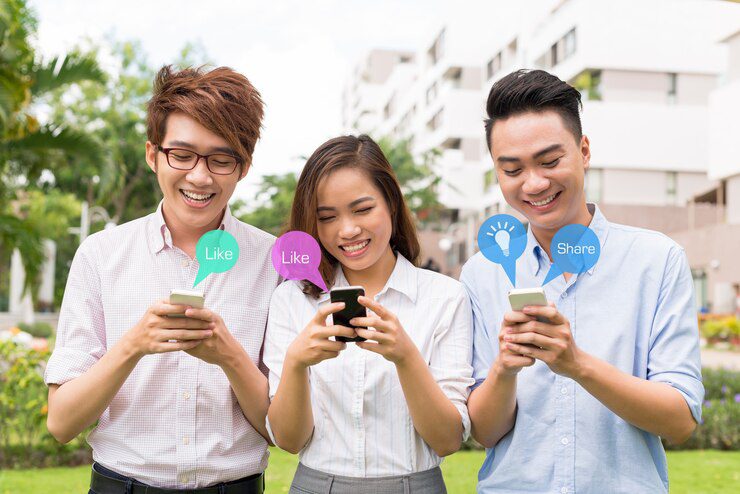Social media avatars are small profile pictures or images used to represent a user or organization on social media platforms. They are typically used on platforms such as Twitter, Facebook, Instagram, and LinkedIn to help users identify each other and to personalize their profiles. They can be a photo of the user or a graphic or logo representing the user or organization.

The Social Media Avatar Adoption
An avatar stands for the representation of a brand or a person in a visual form. This image (avatar) is always generated with the help of computers or AI. Example, Bitmoji, etc.
However, on social media, numerous brands and persons have resorted to using avatars as their display photos across different social media platforms. This digital image when used on social media justifies the concept of a “social media avatar.”
Also, see:
A Roundup of The Top AI-powered Products At CES 2023
Should I Use VPN for Cryptocurrency Transactions?: Top 5 Reasons
Types of social media avatar

There are several types of social media avatars that users can choose from. Some examples include:
- Profile photo: This is a personal photograph of the user, usually a headshot or portrait.
- Logo or graphic: This is a logo or graphic used to represent a business or organization on social media.
- Cartoon or animated characters: Some users use a cartoon or animated character as their avatar to express their personality or interests.
- Custom illustrations or drawings: Some users use custom illustrations or drawings as their avatars, either made by themselves or by professional artists.
- Memes or popular images: Some users use memes or popular images as their avatars, to express their sense of humor or to make a statement.
- Default avatars: Some social media platforms have default avatars for users who have not yet uploaded a custom avatar.
Ultimately, the type of avatar a user chooses is a matter of personal preference and can be used to express their identity or interests.
Where To Get Social Media Avatars
Most brands do not know the appropriate type or size of avatars to use on their social media accounts. However, to get the best and free avatars for your social media, you should visit:
- Shutterstock
- or create your own social media avatars on Dribble
- You can also visit Freepik for your avatar images, others include:
- Etsy
- Vecteezy
- Hootsuite
- Flaticon
Advantages of social media avatars
There are several advantages of using social media avatars:
- Personalization: Avatars allow users to personalize their social media accounts and make them more easily recognizable to others on the platform.
- Branding: Avatars can also be used to establish a personal or professional brand, which can be helpful for businesses and individuals looking to promote themselves on social media.
- Convenience: Avatars make it easier for users to quickly identify and connect with other users on social media, as well as to find and follow accounts that are relevant to their interests.
- Engagement: Avatars can also help increase engagement on social media, as users are more likely to interact with accounts that have personalized avatars.
- Self-expression: Avatars give users an opportunity to express themselves and their personality through the profile picture, which can be a form of self-expression and self-branding.
- Privacy: Avatars can also be used to protect users’ privacy, as they can choose to use an avatar that doesn’t reveal their real identity.
Disadvantages of social media avatar
There are also several disadvantages of using social media avatars:
- Misrepresentation: Avatars can be used to misrepresent oneself, either intentionally or unintentionally. This can lead to confusion, misunderstandings, and distrust among users.
- Privacy concerns: Avatars can also lead to privacy concerns, as users may inadvertently reveal personal information through their avatar or be targeted by hackers or scammers.
- Cyberbullying: Avatars can also be used to bully or harass others on social media, as users may create or use avatars that are offensive or hurtful.
- Distraction: Avatars can also be a distraction, as users may spend too much time and energy creating or choosing the perfect avatar, rather than focusing on more important or productive tasks.
- Stereotyping: Avatars can also lead to stereotyping and discrimination, as users may make assumptions about other users based on their avatars.
- Addiction: Avatars also can contribute to addiction to social media, as users may spend too much time on the platforms, checking and updating their avatars and engaging in other activities.
















